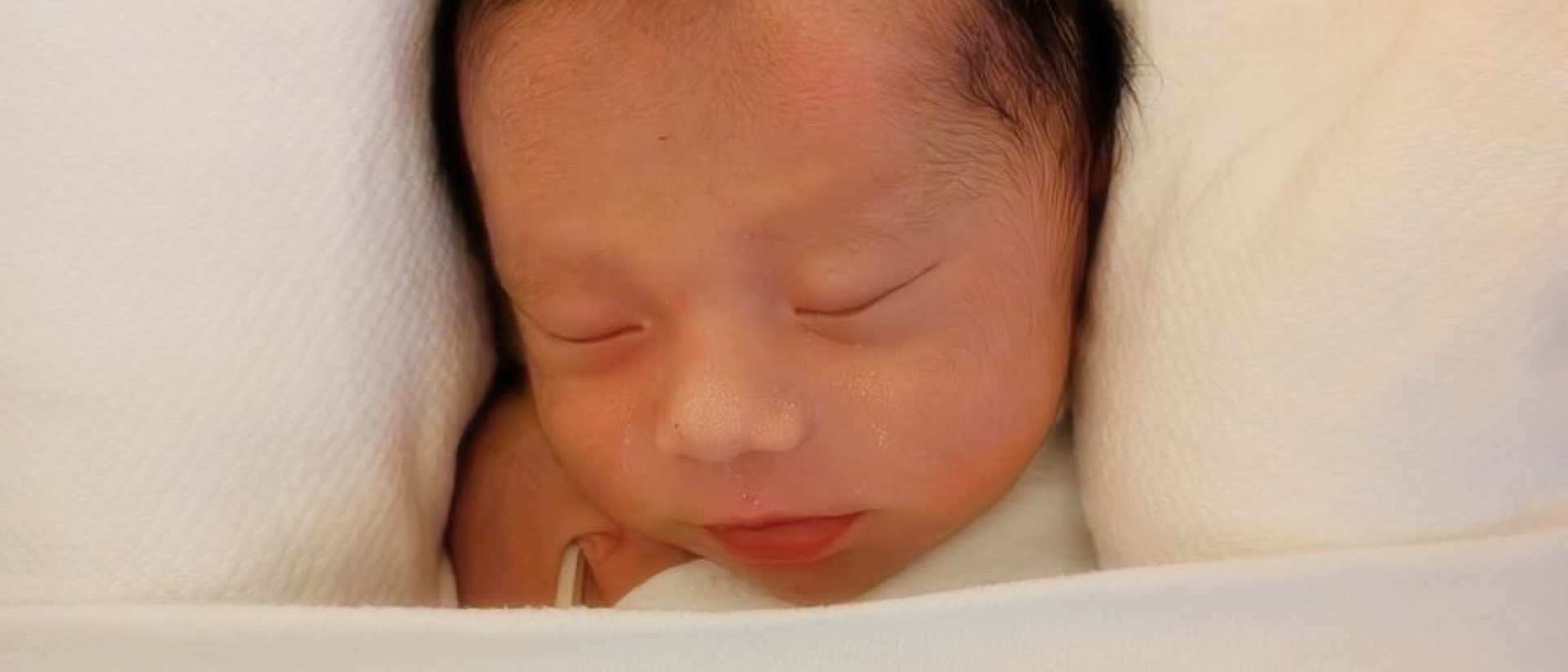
Using a known or anonymous sperm donor: key considerations
Choosing a sperm donor⎯whether it’s known or anonymous — is one of the most significant decisions a future parent can make. The sperm donor you select can influence not only the health and well-being of your future child but also your entire journey as a parent.
Sperm Compatibility
Whether your sperm donor is known or anonymous, it’s important that they are compatible with you. As part of the selection process, the sperm donor goes through rigorous testing including genetic carrier screening, Cytomegalovirus (CMV) testing, and FDA infectious diseases labs.
Collab Fertility's third-party program is an FDA registered and regulated program that complies with the recommendations and requirements for all donors. Sperm donors are required to go through FDA screening and testing. This screening includes a blood draw for infectious and communicable disease testing, a physical examination, and a risk factor questionnaire. The FDA infectious disease screening and testing must be initiated within 7 days of semen collection and/or freezing. Once all the results of the FDA testing are back, the physician and/or nurse will review the results to determine if the specimen is eligible. If the semen sample is deemed ineligible per the FDA standards, it will not prevent use of the sample because you’re a known donor. The intended parent(s) will be thoroughly counseled about their risk and can elect to sign a consent and or waiver to use known or suspected infectious (risky) tissue.
Here is a list of the required FDA-approved blood testing:
- Blood type and Rh
- HIV 1 and 2 Antibody
- HTLV 1 and 2 Antibody
- Hepatitis B Surface Antigen and Core Total Antibody
- Hepatitis C Virus Antibody
- CMV IgG and IgM
- Gonorrhea and Chlamydia urine test
- RPR
- HIV, Hepatitis C, and Hepatitis B NAT test
- West Nile Virus NAT test
Genetic carrier screening helps identify whether both you and the donor carry recessive genetic diseases. If you both carry the same condition, e.g. Cystic Fibrosis, there is a 25% risk your child could have the disease. Sperm donors are screened for CMV antibodies to identify who may be high risk for transmission. The person planning to carry the pregnancy should also find out their CMV status. If they have been exposed to CMV (IgG positive), they can choose a sperm donor that's positive or negative for CMV. If they have never been exposed (CMV IgG negative), the person planning to carry has to pick a sperm donor that is also negative for CMV. If a pregnant woman is exposed to CMV during the first trimester, the baby can develop congenital CMV which can cause hearing loss and developmental issues. These tests are important to ensure the health of your future child.
Psychological and Emotional Effects Of Using A Sperm Donor
Seeing a psychologist is a very important part of the process. Madeleine Katz, PsyD., whose expertise is in reproductive health, fertility, LGBTQ+, and choice parenting recommends you see a psychologist early in the process. It can be really overwhelming, so talking with a psychologist can help make the process less scary or traumatic. It’s important to understand the choices you make and how this could impact the child that you’re bringing into the world.
Dr. Katz also emphasizes the importance of understanding how donor-conceived children feel and perceive their origins. If you are using a known sperm donor, there’s the current relationship you have with them to consider. Will you continue to have a relationship and will your child have a relationship with them? It is important to discuss these concerns with a psychologist, focusing on expectations and the relationship between the intended parent(s), donor, and child. While the clinic will give you a list of recommended psychologists, it’s important to choose one who you feel most comfortable with. The psychologist should be a member of the American Society for Reproductive Medicine (ASRM), the standard for best practices regarding legal, psychological, and reproductive medicine.
Legal Aspects of Using a Sperm Donor
Prior to conceiving, the person planning to carry and the donor must create a valid and notarized legal agreement or contract outlining parenting rights and responsibilities.
Recommended lawyers
Here’s a short list of reproductive lawyers who have extensive experience drafting contracts for patients planning to build their family using third party reproduction.
23035 Ventura Blvd.
Woodland Hills, CA 91364
O: (818) 999-1950
F: (818) 999-1955
Family Formation Law Offices
PO Box 1270
Mendocino, CA 95460
O: (925) 945-1880
F: (925) 956-5201
Our team at Collab can’t wait to help you start your family planning journey! If you have any questions, don’t hesitate to email us with questions or schedule an appointment.
________________________
Proudly Supporting Local Communities
Collab Fertility is honored to serve families in the East Bay like Danville, Alamo, Orinda, Lafayette, Moraga, Piedmont, and Walnut Creek, as well as many other communities in the Bay Area and beyond, including Oakland, San Ramon, Concord, Pleasant Hill, Santa Rosa, Novato, Napa, Sonoma, and more.
Latest Articles

Jennifer’s and Yanbo’s IUI success story: how Collab helped us get pregnant after three years of trying

